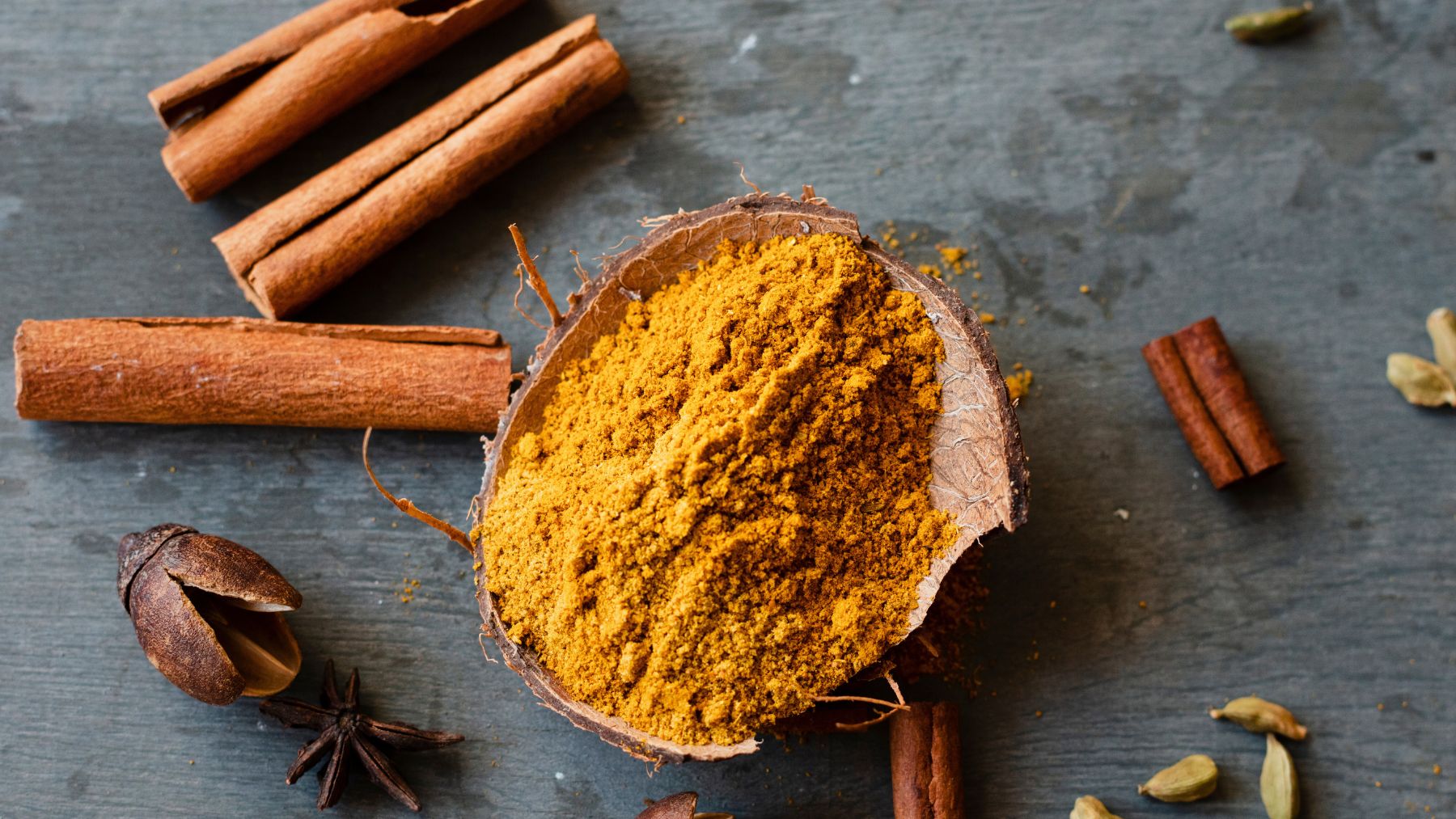Turmeric, cinnamon, and ginger are spices celebrated for their flavors and health benefits, which have been acknowledged in traditional systems such as Ayurveda and Traditional Chinese Medicine. However, if you rely on prescription medication, using these natural ingredients in excessive amounts may interfere with the mechanisms of your drugs.
Recent research shows that high doses, especially when consumed as concentrated supplements or extracts, can diminish the effectiveness of certain medications or even trigger unwanted side effects.
Here, we’ll explore how these spices interact with common prescription drugs based on studies such as the University of Mississippi’s research on cinnamon, as well as findings from nutraceutical and pharmacognosy studies. We’ll also outline practical strategies to help you enjoy the benefits of these culinary treasures without compromising your medication regimen. Let’s begin.
Why too much turmeric or cinnamon might be risky
Cinnamon contains bioactive compounds such as coumarin, known for its blood-thinning properties. Although this effect may support cardiovascular health, it becomes problematic when combined with anticoagulant medications like warfarin, as it can increase the risk of bleeding.
Cassia cinnamon—the variety most commonly available—exhibits significantly higher coumarin levels compared to Ceylon cinnamon, which is generally regarded as a safer option. Laboratory studies further indicate that cinnamon may accelerate drug metabolism by influencing liver enzymes, reducing the clinical effectiveness of some medications.
As for turmeric, its primary active ingredient, curcumin, is renowned for its potent anti-inflammatory and antioxidant properties. However, it may also interfere with liver enzymes that are crucial for metabolizing medications. This interference can result in amplified or diminished drug effects across a range of therapies, from antidepressants and blood pressure medications to chemotherapeutic agents.
In a similar vein, ginger, which contains active compounds like gingerol, displays mild anticoagulant characteristics that could heighten bleeding risks when used alongside prescribed blood thinners.
The central concern here is dosage. While incorporating these spices into everyday cooking is generally safe, concentrated supplements or extracts provide much higher doses that could disrupt the delicate balance of your medication’s efficacy. It’s essential to distinguish between the modest quantities used in traditional recipes and the potent amounts found in commercial nutraceutical products.
How to enjoy spices without the risks
For those who cherish the rich flavors and potential health benefits of spices, it’s important to be mindful of how to incorporate them safely into your diet. By following a few simple guidelines, you can continue to enjoy turmeric, cinnamon, and ginger without compromising the effectiveness of your medications.
- Stick to food amounts. A light sprinkle in your oatmeal or curry generally poses no risk, as culinary uses deliver natural, moderate doses.
- Choose Ceylon cinnamon. It offers lower levels of coumarin than cassia cinnamon, making it a safer option.
- Talk to your doctor or pharmacist. If you are taking blood thinners, diabetes medications, or undergoing chemotherapy, consult with a healthcare professional to determine whether spice supplements might interact with your treatment.
- Watch for symptoms. Unusual bruising, dizziness, or fluctuations in blood sugar levels could indicate an adverse interaction.
- Skip supplements if unsure. Unless a healthcare provider specifically recommends them, it’s safer to obtain these beneficial spices through your regular diet.
For most people, moderate consumption of turmeric, cinnamon, and ginger not only enhances the flavor of everyday meals but also offers significant health benefits. By carefully monitoring your intake and maintaining open communication with your healthcare provider, you can continue to enjoy these spices while ensuring your medications work as intended.

